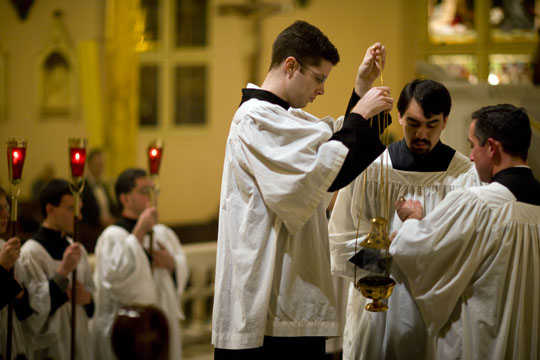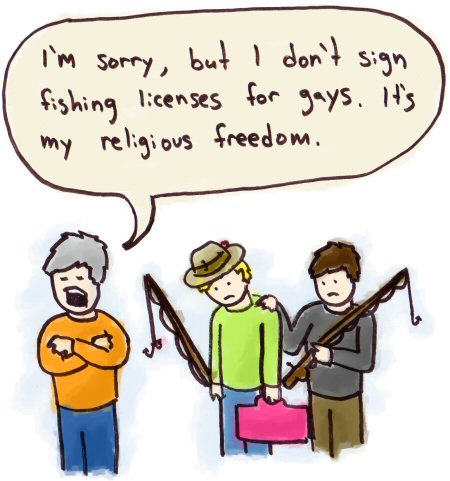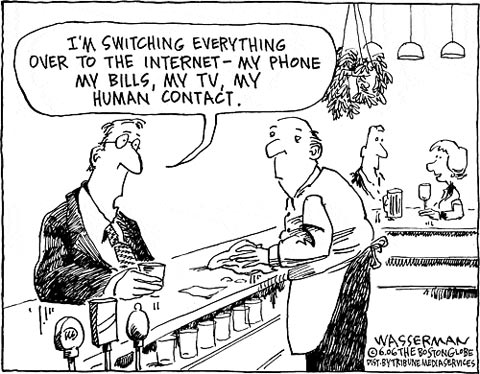I was asked to respond to the following:
Although it can be tough at times, I prefer experiential knowledge. Pioneering. Everytime we copy something it dilutes its originality. In regards to religion as well, yes it's important to pass it on, but the more experiential knowledge you have the more potent you are. To seek things out for yourself instead of repeating what you heard or were told. Look at the value of an original painting, being authentic and genuine has weight. Searching for your own truth in the things that interest you is well worth it. You will not have an empty knowledge but a robust understanding in which can inspire or help others or simply satisfy you inside. For reference please use the book Siddhartha by Herman Hesse and the verse Matthew 16:17.
Here is my response:
Without the knowledge of those who have passed on, then knowledge can never be built. Without the knowledge of the ancients until 1969, no one could have put a man on the moon. It wasn't NASA that put a man on the moon, but all of humanity up until that time. Even so, if we want a deeper relationship with God, we need not depend on our own. Why should repeat the mistakes of Abraham and David? They made the mistakes so that we do not need to. Why should we be stuck with the spirituality of ancient pagans? We have learned so much more.
Finally, you referenced tradition in order to buck tradition-- Siddhartha and Matthew. Make up your mind-- are you about 100 percent experience? Then why reference tradition? Instead, admit that all we are is part tradition and part experience-- our everyday life and our spirituality. The important part is that we are personally choosing how to interpret our experience and the traditions we received. That is what makes it our own.
Although it can be tough at times, I prefer experiential knowledge. Pioneering. Everytime we copy something it dilutes its originality. In regards to religion as well, yes it's important to pass it on, but the more experiential knowledge you have the more potent you are. To seek things out for yourself instead of repeating what you heard or were told. Look at the value of an original painting, being authentic and genuine has weight. Searching for your own truth in the things that interest you is well worth it. You will not have an empty knowledge but a robust understanding in which can inspire or help others or simply satisfy you inside. For reference please use the book Siddhartha by Herman Hesse and the verse Matthew 16:17.
Here is my response:
Without the knowledge of those who have passed on, then knowledge can never be built. Without the knowledge of the ancients until 1969, no one could have put a man on the moon. It wasn't NASA that put a man on the moon, but all of humanity up until that time. Even so, if we want a deeper relationship with God, we need not depend on our own. Why should repeat the mistakes of Abraham and David? They made the mistakes so that we do not need to. Why should we be stuck with the spirituality of ancient pagans? We have learned so much more.
Finally, you referenced tradition in order to buck tradition-- Siddhartha and Matthew. Make up your mind-- are you about 100 percent experience? Then why reference tradition? Instead, admit that all we are is part tradition and part experience-- our everyday life and our spirituality. The important part is that we are personally choosing how to interpret our experience and the traditions we received. That is what makes it our own.































